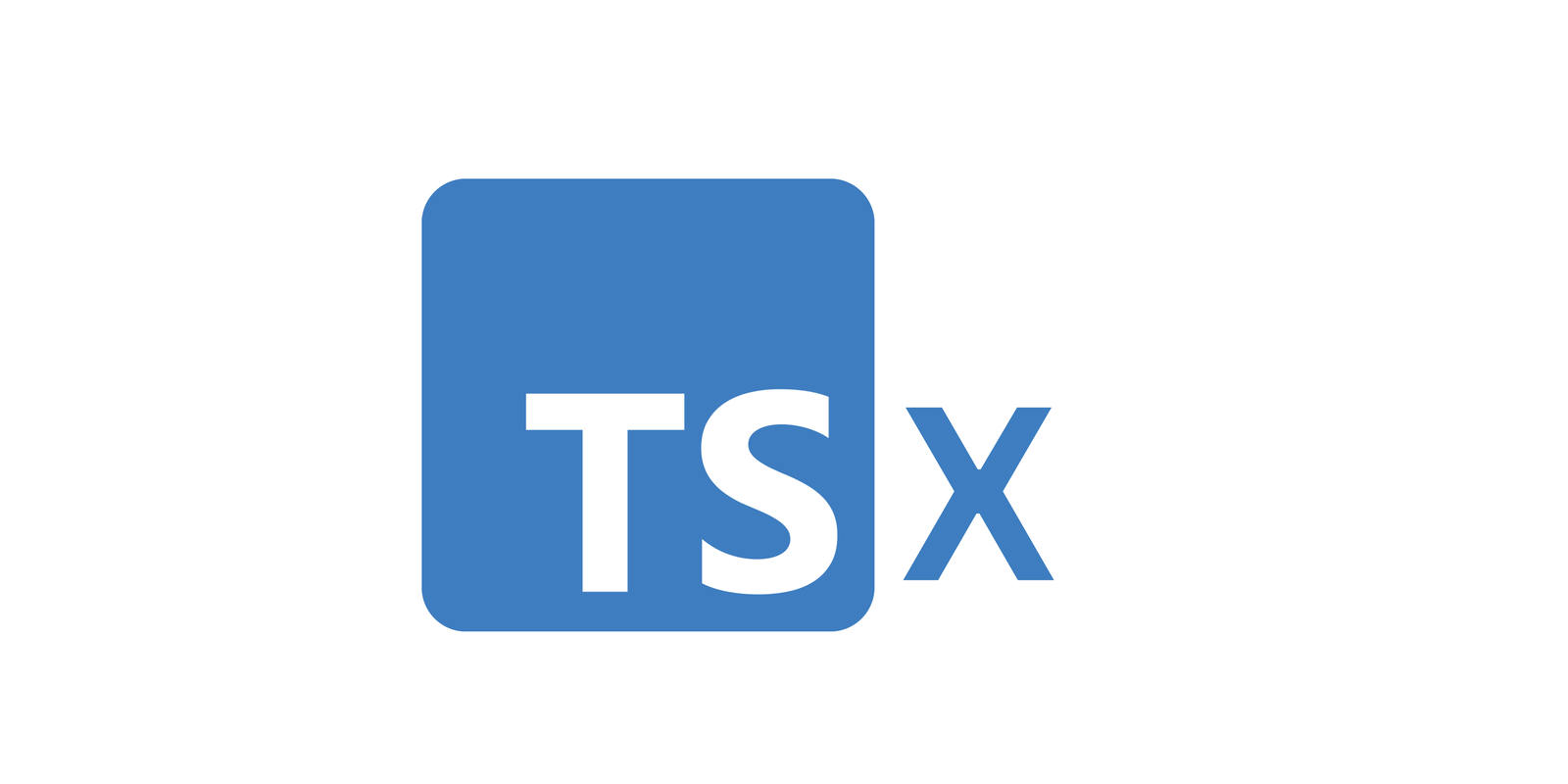TypeScript vs TSX: Understanding the Differences
Aneh Thakur
. 2 min read
TypeScript (TS) and TypeScriptX (TSX) are both programming languages that are widely used for developing complex web applications. TypeScript is a strict syntactical superset of JavaScript, which adds optional static typing to the language. On the other hand, TSX is an extension of TypeScript that allows for the use of XML-like syntax to create React components. In this article, we will take a closer look at the differences between TypeScript and TSX.

Syntax
The most obvious difference between TypeScript and TSX is the syntax. TypeScript uses standard JavaScript syntax with the addition of static typing. This means that TypeScript code looks very similar to JavaScript code. TSX, on the other hand, uses a mixture of HTML-like tags and TypeScript syntax to define React components. This can make TSX code more readable for developers who are already familiar with HTML.
Static Typing
Another key difference between TypeScript and TSX is static typing. TypeScript introduces optional static typing to JavaScript, allowing developers to catch type-related errors at compile time rather than runtime. This can help to reduce bugs and improve the overall quality of the code. TSX also supports static typing, but the syntax for defining types is slightly different than in standard TypeScript. In TSX, developers can define the type of a component's props using an interface.
React Integration
One of the main reasons for the development of TSX was to provide better integration with the React library. TSX allows developers to use JSX syntax to define React components, making it easier to write and maintain complex UI code. While TypeScript can also be used with React, it does not provide the same level of integration as TSX. TypeScript requires additional configuration to work with JSX syntax, and it does not have built-in support for React-specific types.
Code Organization
Another difference between TypeScript and TSX is how they organize code. TypeScript relies on namespaces and modules to organize code into logical units. This can help to prevent naming conflicts and make code easier to manage. TSX, on the other hand, uses a different approach. TSX components are typically organized into separate files, with each file containing a single component. This can make it easier to find and modify code, but it can also lead to a large number of files in a project.
Tooling Support
Both TypeScript and TSX have excellent tooling support, but there are some differences between the two. TypeScript is supported by most major code editors, including Visual Studio Code, Sublime Text, and Atom. It also has a wide range of plugins and extensions that can enhance its functionality. TSX, on the other hand, is primarily used with the React library, which has its own set of tools and plugins. This can make it more difficult to find good tooling support for TSX outside of the React ecosystem.
Conclusion
In conclusion, TypeScript and TSX are two programming languages that are used for developing complex web applications. While TypeScript is a strict syntactical superset of JavaScript that adds optional static typing to the language, TSX is an extension of TypeScript that allows for the use of XML-like syntax to create React components. The main differences between the two are their syntax, static typing, React integration, code organization, and tooling support. Both languages have their own strengths and weaknesses, and developers should choose the language that best suits their needs and the requirements of their project.
More Stories from
Get Started with TypeScript: A Beginner's Guide with Code Samples
TypeScript is a popular, powerful programming language that is a superset of JavaScript. If you're new to TypeScript, this beginner's guide is the perfect place to start. With clear explanations and code samples, you'll learn the basics of TypeScript and
Learn about the different types of React hooks with code examples
React hooks are a powerful feature that allow you to use state and other React features inside functional components. In this tutorial, you will learn about the different types of hooks available in React, and see code examples of how to use them in your
A step-by-step guide to deploying a ReactJS app online
Learn how to deploy your ReactJS app to the internet with this comprehensive tutorial. From setting up a hosting platform to building and uploading your code, we'll cover all the steps you need to take to get your app live. Whether you're a beginner or an
What is React context API?
React Context is a way to share values that are considered "global" for a tree of React components, such as the current authenticated user, theme, or preferred language. It allows you to avoid prop drilling, or the passing of props through multiple levels
All about MongoDB
MongoDB is an open-source document-oriented database that is designed to store a large scale of data and also allows you to work with that data very efficiently. It is categorized under the NoSQL (Not only SQL) database because the storage and retrieval o





